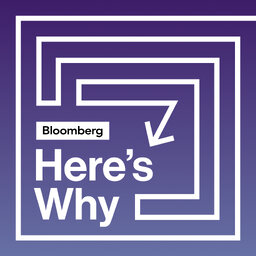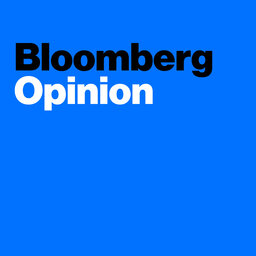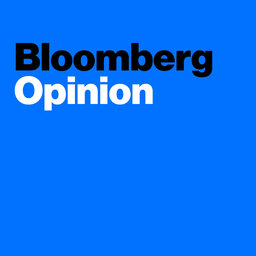The Best of Bloomberg Opinion
Join us as we wrap the top stories we covered this year. Philosopher Volodymyr Yermolenko breaks down Ukrainian and Russian identities and post-war questions. Clara Ferreira Marques remembers Mikhail Gorbachev. David Fickling examines the world's bread baskets, and Cambridge professor Helen Thompson discusses the new world order.
In 1 playlist(s)
Bloomberg Opinion
Deeper conversations on the week's most significant developments. Tune in and join in!Social links
Follow podcast
Recent clips

Introducing 'Here's Why' - Complex News Stories Explained
00:30

Airline Mergers and Restaurant Loyalty
35:20

Fossil Fuel Use and Drug Development
35:28
 Bloomberg Opinion
Bloomberg Opinion